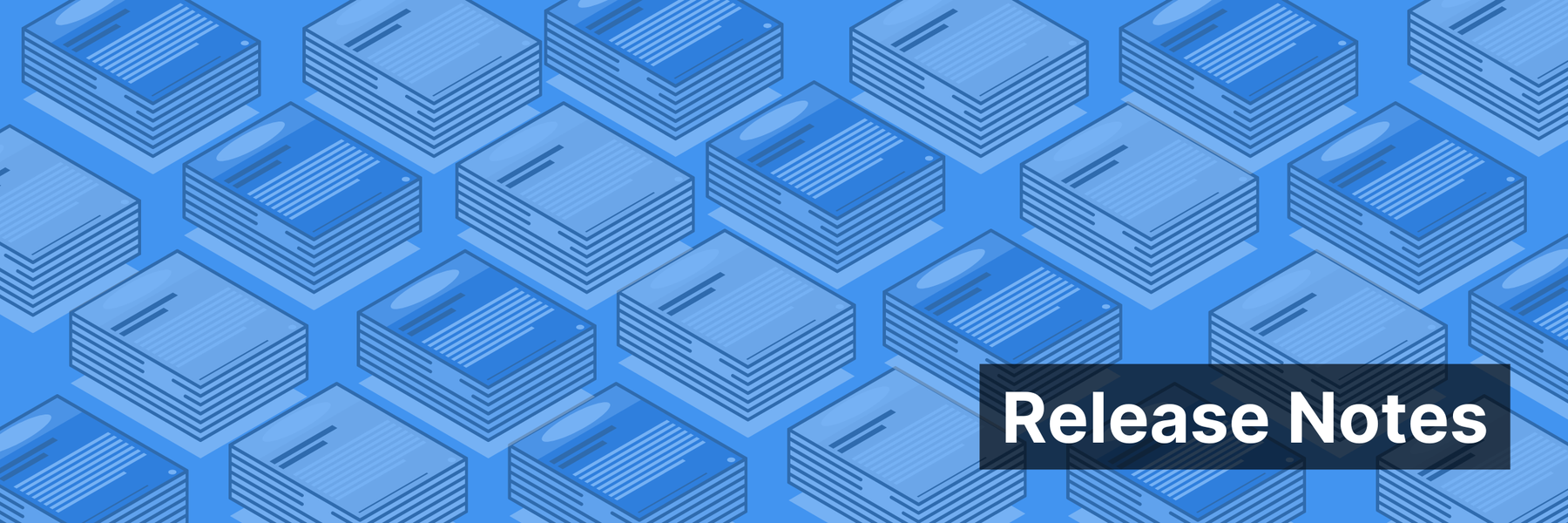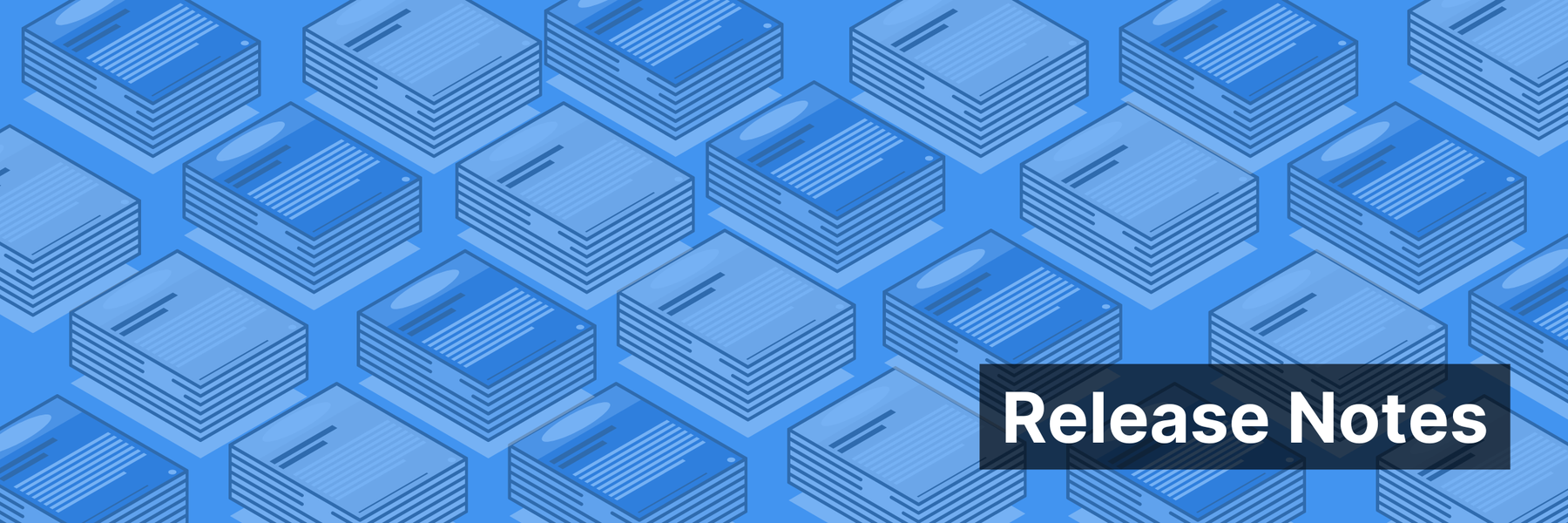We have a new name for our new platform for monitoring the security, accessibility, and speed of government websites: GovLens. Now you can help us build it.
For previous site improvements, check out all of MuckRock’s release notes, and if you’d like to get a list of site improvements every Tuesday - along with ways to help contribute to the site’s development yourself - subscribe to our developer newsletter here.
Site Updates
GovLens, a new .gov web monitoring tool
Looking to make more use of our vast agency database and inspired by projects like Pulse, our weekly hack night started building a set of scrapers to see how well we could gauge the security, accessibility, and speed of various government agencies. Our goal is to generate a report card for every agency in MuckRock’s database, making it easy to see common security and accessibility issues, while also helping people better compare how their state stacks up in terms of technical prowess.
The project has been going well, with an easy-to-deploy beta version available for testing and extending. We don’t want to release anything publicly until we’re very confident that we’re collecting and presenting accurate information in a useful way, but we’re getting closer and closer.
One thing we did not have, however, was a good name. Our internal testing name was in use by another project, but last week Balaji came up with GovLens, which struck the perfect tone for what the project was trying to accomplish.
Come hack transparency with us
Every Tuesday night, we gather in Cambridge with a group of coders, designers, and others who want to see more open government. The past few months, we’ve been mixing MuckRock’s agency database with a set of scanners and scrapers to help gauge the accessibility, mobile-friendliness, and security of America’s digital infrastructure.
You can find out more and join us by checking out Code for Boston’s website.
Reporting bugs and submitting fixes
There are a number of other ways to help us continue to improve the core MuckRock site experience. We have a project and a weekly newsletter, “Release Notes,” that highlights everything we’re working on. Register to get a summary of site updates each week and details on open issues you can help with.
Check out some of our issues labeled “help wanted” for ideas on where’s good to start, or just pop into our Slack’s #Developers channel.
Subscribers to the weekly newsletter get exclusive data sets, FOIA-related scripts, and other transparency hacker tidbits exclusively for subscribers. You can subscribe to the newsletter at the top or bottom of this page.
If you spot a bug or have a feature request, you can also help by opening an issue on GitHub.
If you do, please search open issues first to make sure it hasn’t already been reported. If it has been reported previously, please leave an additional comment letting us know it’s an issue for you, particularly if you can provide more details about when it crops up or what you think is causing the problem.
In addition to the new newsletter, we have a developer channel on the MuckRock Slack.
Image via Wikimedia Commons




